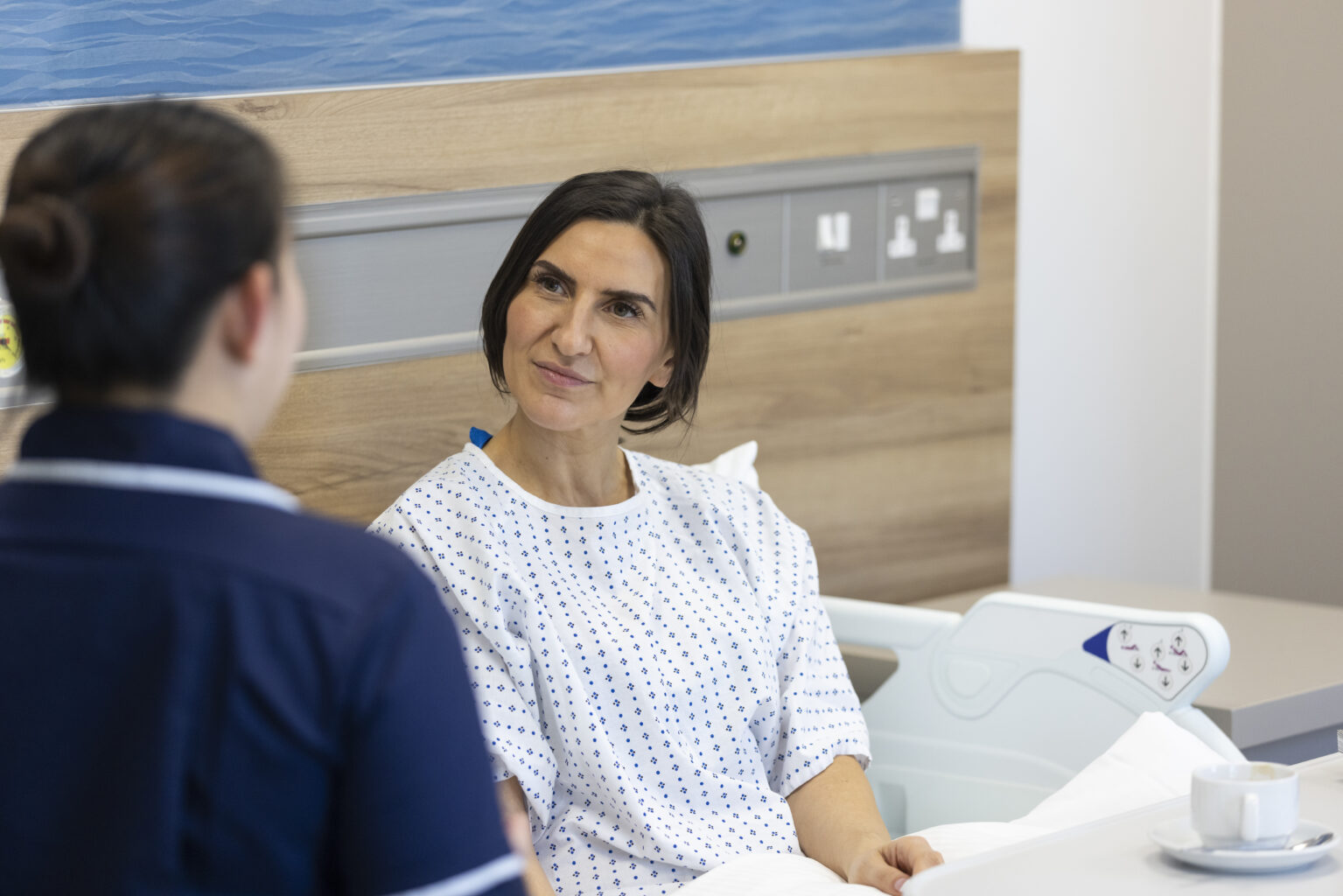Key Hip Treatments
Hip problems can be genetic or stem from an injury or trauma. Get a care plan completely tailored around your unique wants and needs, at our Hip Clinic.
If you don’t see a required treatment below, get in touch for more information.

